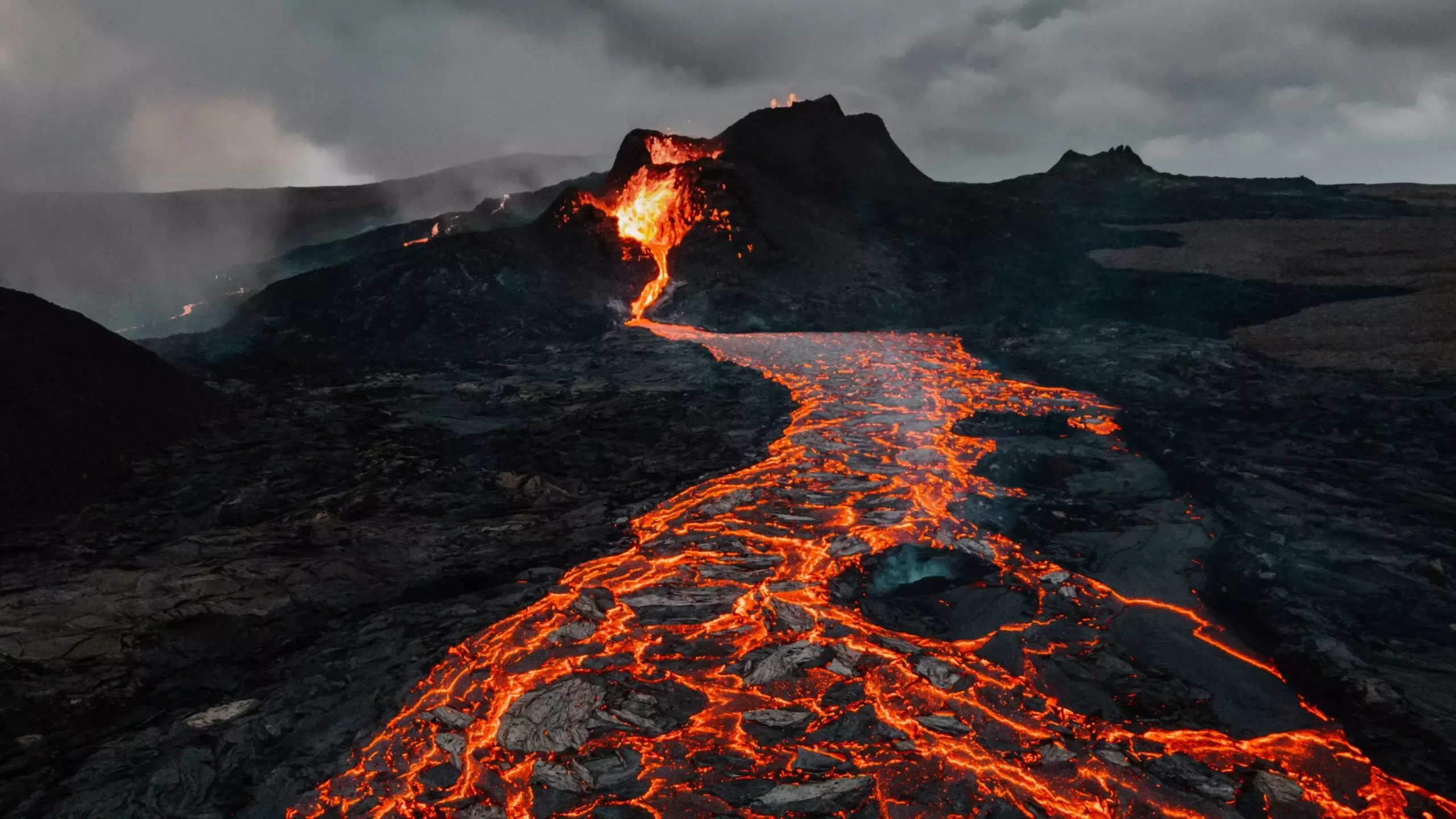Nature has always provided scientists with valuable insights into addressing some of humanity’s most significant challenges. When it comes to issues like global warming, looking back at Earth’s geological history can offer a unique and long-term perspective. Throughout history, the planet has experienced periods of catastrophic volcanic eruptions that released vast amounts of carbon into the atmosphere and oceans. These events led to rapid climate warming, resulting in mass extinctions both on land and in marine ecosystems. Researchers from ETH Zurich, alongside other institutions, recently conducted a study on how vegetation responds and evolves during major climatic shifts and the impact of these shifts on Earth’s natural carbon-climate regulation system.
Drawing on geochemical analyses of isotopes in sediments, the team compared the data with a specially designed model that included a representation of vegetation’s role in the geological climate system. By testing different scenarios, the researchers were able to understand how the Earth system responds to the intense release of carbon from volcanic activity. One of the key events studied was the Siberian Traps eruption, which released 40,000 gigatons of carbon over 200,000 years, leading to significant global warming and a mass extinction event. The recovery of vegetation from this event took several million years, weakening Earth’s carbon-climate regulation system and resulting in long-term climate warming.
The study highlighted how the severity of climatic shifts is influenced by the speed at which emitted carbon can be sequestered from the atmosphere. The researchers found that the ability of vegetation to adapt to increasing temperatures played a crucial role in determining how quickly the climate reached a new equilibrium state. Some species evolved or migrated to cooler regions, while others faced extinction due to the rapid and sustained increase in temperature. This disruption of vegetation had long-lasting effects on climate evolution, lasting thousands to possibly millions of years.
The study emphasized the importance of vegetation in regulating Earth’s carbon cycle and recovering from abrupt climatic changes. It found that disruptions in vegetation could prolong and intensify climate warming, taking millions of years to reach a new stable climatic equilibrium. With human-induced climate change accelerating at an unprecedented rate, the role of vegetation in mitigating these effects becomes even more critical. The study’s authors warned that current deforestation practices are severely reducing the ability of natural ecosystems to regulate the climate.
The research conducted by ETH Zurich and its collaborators sheds light on the crucial role of Earth’s geological history in understanding climate change. By studying past climatic shifts and the responses of vegetation to these changes, scientists can gain valuable insights into how our actions today are impacting the planet’s climate system. The findings underscore the urgent need for global action to protect and preserve the world’s ecosystems, ensuring they can continue to play a vital role in regulating the Earth’s climate.


Leave a Reply